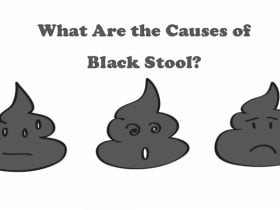Symptoms and Causes

Exposure to gasoline can result in several health issues. It can also affect the activities of some vital organs. You may experience the following symptoms when exposed to this petroleum product – difficulty breathing, throat pain or burning, pain in the oesophagus, abdominal discomfort, vomiting with or without blood, bloody stools [3], vision loss [4], dizziness, severe headaches, extreme fatigue, convulsions [5], body pains and loss of consciousness.
Additionally, your skin may turn red, get irritated, or burn when exposed.
Gasoline contains hydrocarbons, such as methane and benzene. Hydrocarbons [6] are described as a form of a hazardous organic compound consisting of hydrogen and carbon molecules. They are the toxic components of gasoline. You will find them in several modern substances, such as motor oil, lamp oil, kerosene, paint, rubber cement and lighter fluid. It is important to note that not all types of gasoline exposure can result in poisoning.
Filling your car with gasoline is not dangerous. However, damage can be done to your skin by touching its liquid form. The most dangerous effects of exposure occur when you breathe in its vapour. Studies show that direct inhalation can lead to carbon monoxide poisoning; you should never start a vehicle in a poorly ventilated area like a garage. The dangers of accidentally ingesting gasoline are more extensive than knowingly consuming it.













